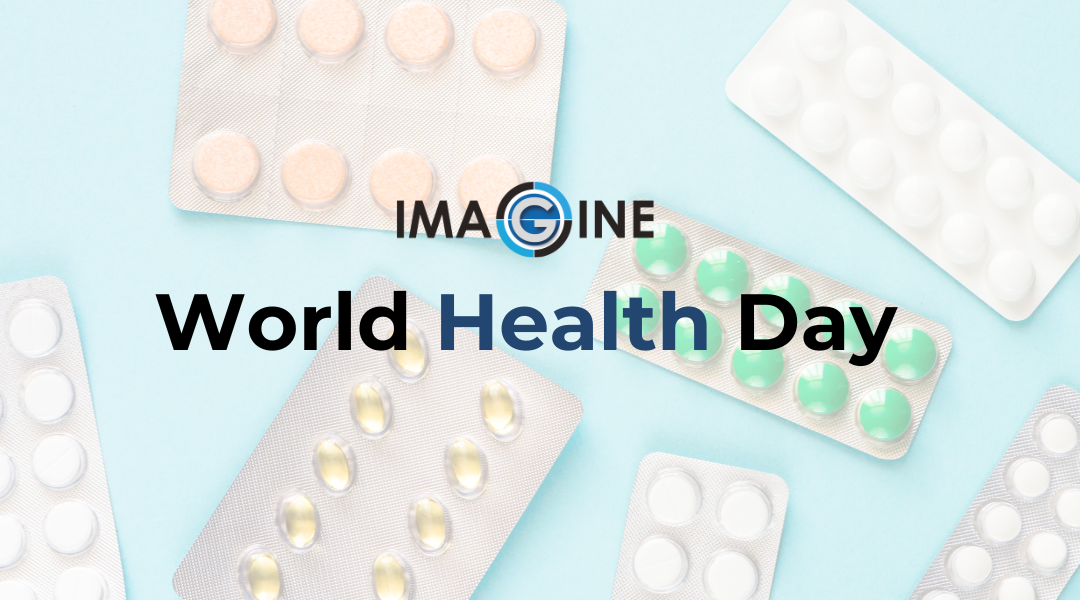On World Health Day, Imagine Project highlights the importance of raising awareness about the use of antimicrobials to improve infection management in nursing homes across Europe.
On World Health Day, Imagine Project aims to focus on the need to raise awareness about one of the top 10 public health threats, according to the World Health Organization (WHO): antimicrobial resistance. This issue, labeled as a “silent pandemic,” is largely due to the excessive and inappropriate use of antibiotics, and is particularly severe in nursing homes, as elderly people are especially susceptible to frequent and serious infections, making the implementation of effective infection prevention and control (IPC) measures crucial.
Studies show that there is currently intensive use of antibiotics in nursing homes in Europe to treat suspected acute infections. With the goal of training staff working in these centers to better manage and diagnose suspected acute infections, Imagine Project was born, whose mission is to increase infection prevention and reduce inappropriate antibiotic use through a multifaceted intervention aimed at healthcare professionals.
Similarly, antimicrobial resistance is a multifaceted cross-border health threat that does not stop at borders, and therefore cannot be addressed by individual countries. Imagine Project is a consortium formed by eight European countries, including Greece, Hungary, Lithuania, Poland, Slovakia, Slovenia, Spain, and Denmark, which, through healthcare personnel acting as ambassadors, promote best practices among their colleagues, adapted to the specific needs of each country and nursing home. To this end, participatory action research has been conducted, including audits and feedback based on the Audit Project Odense method, both before and after the implementation of new measures.
Therefore, in the face of the challenge of combating antimicrobial resistance and optimizing their use, on this World Health Day, Imagine Project reminds us of the importance of international collaboration and continuous training of healthcare professionals to protect our most vulnerable populations and ensure a healthier future for all.

